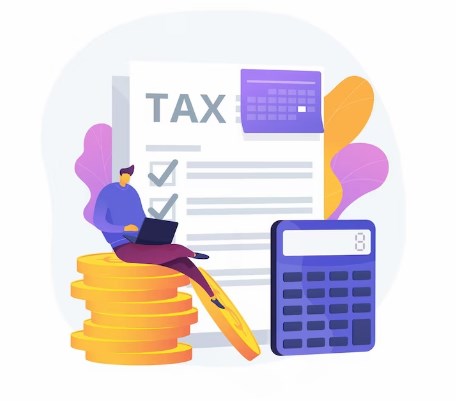Tax sales overages are a type of real estate investment that can yield significant profits for those who understand the process. Tax sales overages are created when a property owner fails to pay their property taxes, and the property is sold at a tax sale to satisfy the tax debt. If the property sells for more than the tax debt, the excess funds are known as overages. These overages are owed to the former property owner, and they can be a valuable source of income for those who know how to access them. In this article, we'll discuss how to make money with tax sales overages.
Step 1: Research Your State's Laws
Each state has its own laws governing tax sales and overages. It's important to understand the rules in your state so you can determine whether tax sales overages are a viable investment opportunity for you. Some states have strict rules governing how overages are disbursed, while others have more lenient rules that make it easier to access the funds. Research your state's laws thoroughly to determine whether tax sales overages are worth pursuing.
Step 2: Find the Overages
Once you've determined that tax sales overages are a viable investment opportunity in your state, you need to find the overages. The best way to do this is to search for tax sale lists online. These lists will tell you which properties have been sold at tax sales and whether there are any overages owed to the former property owner. You can also contact your county clerk's office or tax collector's office to inquire about tax sales overages.
Step 3: Contact the Former Property Owner
Once you've identified a potential overage, you need to contact the former property owner. This can be a bit tricky, as many former property owners have moved on and may not have left a forwarding address. You can try using online search tools to locate the owner, or you can hire a skip tracer to help you track them down. Once you've located the owner, you can explain that they're owed an overage and offer to help them collect it.
Step 4: Collect the Overage
Collecting the overage can be a complicated process, as there are often several steps involved. In some states, the overage must be claimed within a certain period of time, and there may be legal requirements you need to follow. You may need to hire an attorney or a title company to help you collect the funds. In some cases, you may be able to negotiate with the former property owner to split the overage, which can be a win-win situation for both parties.
Step 5: Rinse and Repeat
Once you've successfully collected an overage, you can use the funds to invest in more tax sales overages. This can be a lucrative business model, as there are always properties being sold at tax sales. With a bit of persistence and research, you can build a profitable business around tax sales overages.
Conclusion
Tax sales overages can be a valuable source of income for those who know how to access them. By researching your state's laws, finding the overages, contacting the former property owner, and collecting the funds, you can build a profitable business around tax sales overages. It's important to be patient and persistent, as the process can be complicated at times. However, with a bit of effort, tax sales overages can be a great way to make money in the real estate market.
